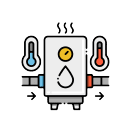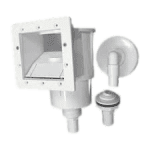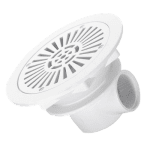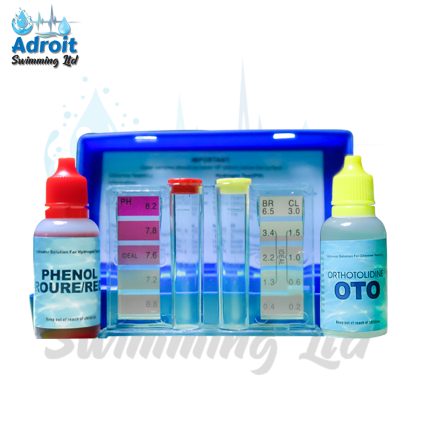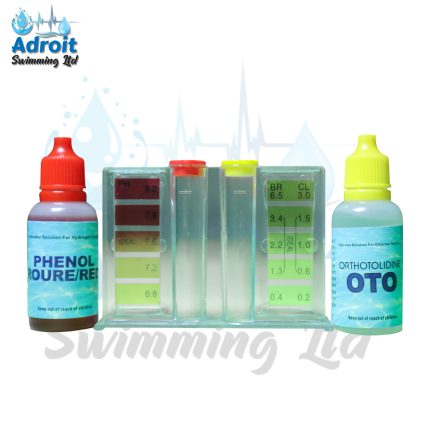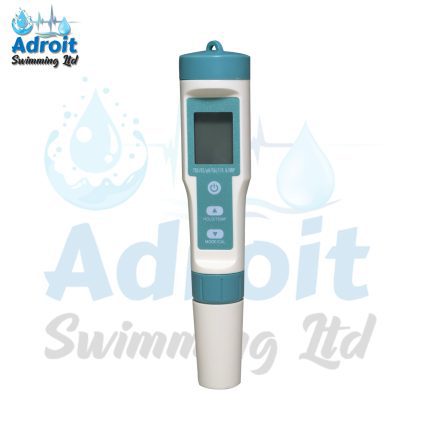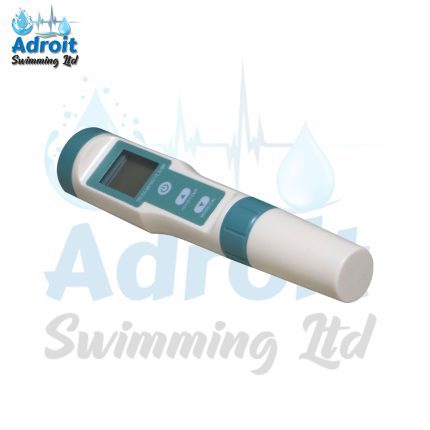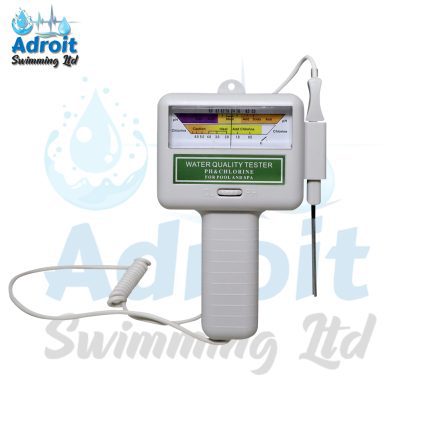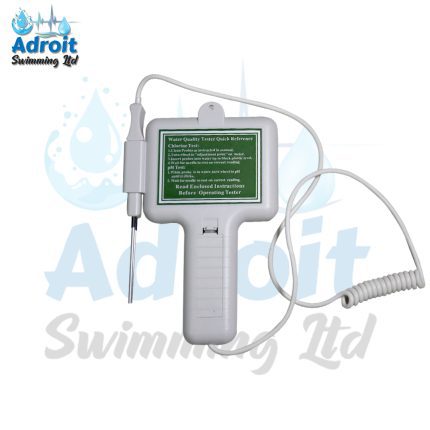Test Kit
A test kit is an essential tool used to analyze and measure the chemical levels in various environments, most commonly in swimming pools, aquariums, water treatment facilities, and laboratories. It allows users to monitor and maintain the proper balance of chemicals such as chlorine, pH, alkalinity, calcium hardness, and cyanuric acid, ensuring that water remains clean, safe, and properly treated. Test kits come in various types, including liquid reagent kits, test strip kits, and digital testers, each designed for specific testing needs.
Swimming Pool Test Kit: Ensuring Safe and Healthy Swimming Water
Maintaining the perfect chemical balance in your swimming pool is crucial for ensuring a safe and enjoyable swimming experience. A swimming pool test kit is an essential tool for pool owners, allowing them to regularly check and manage the water quality. By testing for various chemical levels, you can prevent problems such as algae growth, skin irritation, and equipment damage, ultimately prolonging the life of your pool and enhancing your swimming experience.What is a Swimming Pool Test Kit?
A swimming pool test kit is a comprehensive set of tools designed to measure the chemical levels in pool water. These kits typically include reagents, test strips, or digital testers that allow you to assess critical parameters such as pH, chlorine, alkalinity, and cyanuric acid levels. Regular testing helps ensure that your pool water remains safe, clean, and balanced.Types of Swimming Pool Test Kits
- Test Strips: Test strips are one of the most convenient options for pool water testing. They come coated with various reagents that change color when dipped in water. By comparing the color on the strip to a chart included in the kit, you can quickly determine the levels of chemicals present in your pool.
- Liquid Test Kits: These kits include liquid reagents that are added to a sample of pool water in a test vial. After shaking or mixing, the color change of the water is compared to a color chart to determine the chemical concentrations. Liquid test kits are generally more precise than test strips but can be slightly more complex to use.
- Digital Testers: Digital pool water testers offer the most advanced option, providing accurate readings at the touch of a button. These electronic devices often measure multiple parameters simultaneously and display results on an easy-to-read digital screen. While they tend to be more expensive, they provide quick and reliable results.
- Comprehensive Test Kits: For pool owners who want an all-in-one solution, comprehensive test kits include a combination of test strips, liquid reagents, and digital testers. These kits allow for thorough testing of all essential water parameters, ensuring optimal water quality.
Key Parameters Tested
- pH Levels: The pH level of pool water is critical for swimmer comfort and the effectiveness of chlorine. Ideal pH levels should range between 7.2 and 7.8. Testing pH regularly helps prevent issues such as skin irritation or corrosion of pool equipment.
- Chlorine Levels: Chlorine is essential for sanitizing pool water and killing harmful bacteria. Maintaining free chlorine levels between 1 and 3 parts per million (ppm) is ideal for ensuring a safe swimming environment. Testing for chlorine helps you know when to add more or adjust chemical levels.
- Alkalinity: Total alkalinity acts as a buffer for pH levels, helping to stabilize them. Ideal alkalinity levels should range between 80 and 120 ppm. Testing for alkalinity ensures that your pH levels remain stable, preventing drastic fluctuations.
- Cyanuric Acid: Cyanuric acid helps protect chlorine from being broken down by sunlight. It’s essential for outdoor pools, as it helps maintain effective chlorine levels. Testing for cyanuric acid ensures that your pool remains properly sanitized, especially during sunny weather.
- Calcium Hardness: Calcium hardness refers to the concentration of calcium ions in the water. Ideal levels should range between 200 and 400 ppm. Proper calcium levels help prevent corrosion of pool surfaces and equipment, as well as scaling.
Benefits of Using a Swimming Pool Test Kit
- Prevent Algae Growth: Regular testing helps you maintain appropriate chemical levels, reducing the risk of algae growth that can turn your pool water green and unsightly.
- Enhance Swimmer Safety: Properly balanced water reduces the risk of skin and eye irritation, providing a safer and more enjoyable swimming experience for all users.
- Protect Equipment: Maintaining the right chemical balance prevents corrosion and damage to pool equipment, extending its lifespan and reducing repair costs.
- Cost-Effective Maintenance: By identifying issues early, you can address them before they become significant problems, saving money on extensive repairs and chemical treatments.
- User-Friendly: Most test kits are designed to be simple and straightforward to use, making it easy for pool owners of all experience levels to manage their pool water quality effectively.
How to Use a Swimming Pool Test Kit
- Collect Water Samples: Use a clean container to collect water samples from different areas of the pool, ideally at a depth of about 12 inches. This helps ensure accurate readings.
- Follow Instructions: Whether using test strips, liquid reagents, or digital testers, follow the manufacturer’s instructions carefully for the best results.
- Compare Results: For test strips and liquid tests, compare the resulting colors to the provided charts to determine the chemical levels in your pool. Digital testers will display the readings directly.
- Adjust Chemical Levels: Based on the test results, make necessary adjustments to your pool chemicals. Always add chemicals in accordance with the manufacturer’s guidelines, allowing sufficient time for the chemicals to circulate before retesting.
- Regular Testing Schedule: Establish a regular testing schedule, such as once a week during peak swimming season, and more frequently after heavy use or rain.






